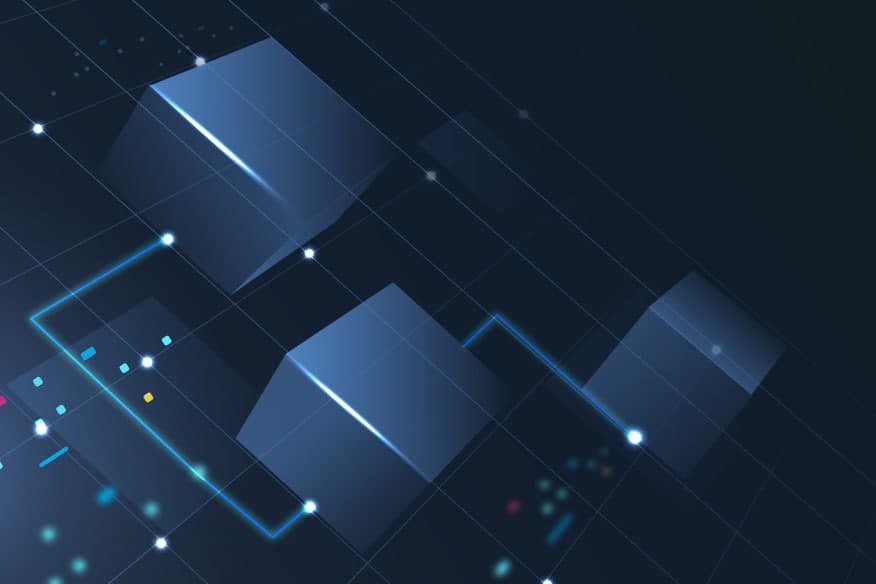Even blockchain technology is getting more popular, the term is still unclear. In this article, we briefly explain blockchain technology and its differences from traditional databases.
Before this article, we recommend you check the first content of our series.
Although blockchain technology has started to be mentioned with Bitcoin, when we consider its principles and abilities, it is clear that this technology is applicable for many different purposes.
Blockchain can be defined as digital ledgers that store information in data structures called blocks. Hence, it can be considered as a type of database considering this definition. It is a system based on the distribution of central trust on the internet without the need for a central server or authority. However, a traditional database cannot be called a blockchain. The reason is that although both technologies store information, they differ in their design and purpose.
Storing and Tracking Data in Blocks

The blockchain model consists of two basic concepts: the blocks that make up the chain and the records that make up these blocks. Records are any information built on the relevant blockchain structure. These are information such as money transfers. Records are written into blocks by combining them at certain periods. Cryptographic hash algorithms and digital signatures are used when creating a block. Since information is stored in the form of interconnected blocks, if a change is requested in any block, the block is not changed. Instead, the change is stored in a new block.
Traditional Database Vs. Blockchain
Unlike blockchain, if a task in a classical database is requested to be changed or deleted, it is possible through the database. Backed up, obsolete or redundant data are generally removed from databases.
Databases are centralized, and managed from a central source. Blockchain, on the other hand, like a decentralized ledger, ensures that each participant in the network has a copy of the ledger. All participants can see all transactions. It allows parties to share information without the need for a central administrator.
The consensus mechanism comes into play for decision-making in blockchains. However, central management is required in cases where consensus is not trusted for databases. Each block is protected by a piece of encrypted information associated with the previous block. This security measure makes blockchains more secure by making them extremely difficult to hack. In addition, unlike databases where existing information is recorded, blockchains also enable tracking of previous transactions along with related information. It means that they keep archives of their transaction dates.
Because blockchains are used as systems of record, they will be slower than databases when considered over transactions.
Which One Is Better?
Considering blockchain or databases are better than the other is inaccurate. Both technologies will be more efficient for different purposes by the processing principle. For example, it is better to prefer databases for the purposes listed below:
• Relational data
• Data that needs to be constantly updated, such as monitoring data
• Confidential (non-public) data
• Data requiring fast online processing
• Standalone applications that store data
On the other hand, as we mentioned, although its name is associated with cryptocurrencies, blockchains have very different usage examples. They are ideal for:
• Value transfer (Transfer of Value – Electronic money, document, etc.)
• Creation and storage of valuable documents
• Verification of reliable data (identity, etc.)
• Public Key Verification
When talking about cryptocurrencies, it is inevitable to talk about blockchain technology. However, there are various projects based on this technology such as blockchain-based electronic voting, patient data management systems, know-your-customer (KYC) verification, and document storage. Therefore, blockchains will be used for different purposes in the future. Next and last article, we will discuss the relationship between cryptocurrencies and financial crimes, legal sanctions against them, and Datactive‘s solutions.
Resources:
